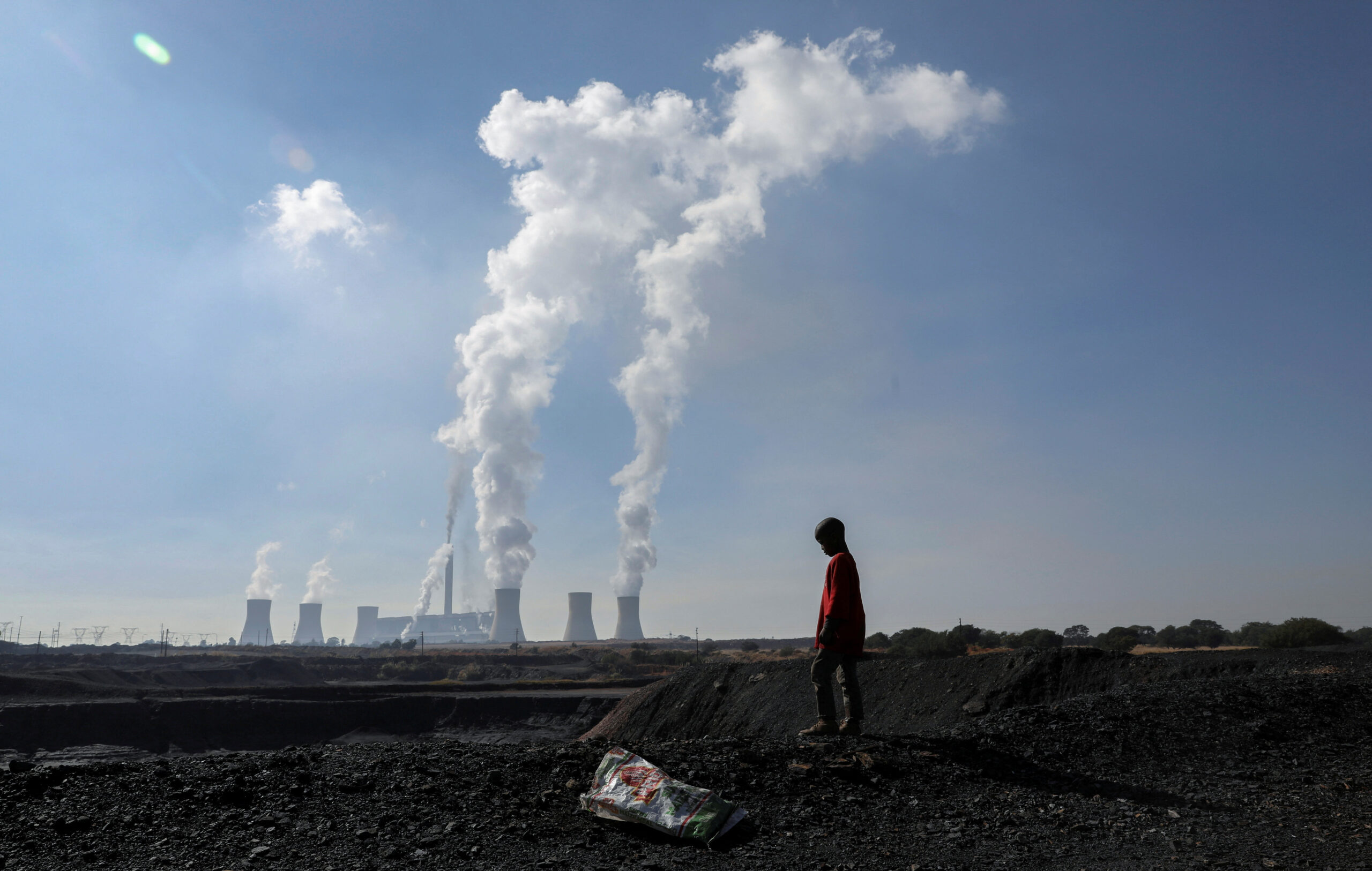By Rachel Savage and Jorgelina do Rosario
MARRAKECH, Morocco (Reuters) – The World Bank is discussing a potential $1 billion loan to South Africa’s government to help it reform its energy sector, a bank official told Reuters, as the country tries to overcome record power cuts that have crippled the economy.
The loan, which would be directly to the government rather than to state utility Eskom, is “under discussion”, World Bank country director for South Africa Marie Francoise Marie-Nelly said in an interview at the bank’s annual meetings in Marrakech, Morocco.
“It is going to come very soon,” she added, declining to specify a timeframe.
ALSO READ: Morocco wants IMF-World Bank meetings to proceed despite quake
South Africa is facing its worst-ever power crisis with Eskom’s ageing, coal-fired plants often breaking down. Rolling power cuts have crimped economic growth while fuelling private investment in renewable energy.
“It’s a policy development loan which supports critical reforms,” Marie-Nelly said of the potential World Bank funding. “There’s a particular focus on transmission, because it is a stumbling block in terms of bringing new (capacity) that is going to be built mainly by the private sector.”
In February, the South African government agreed to take on over 254 billion rand ($13.4 billion) of Eskom’s debt through a debt relief scheme, subject to conditions.
The main condition was that the power utility would not be able to take on any new debt for three years unless expressly approved by the country’s finance minister.
ALSO READ: Global central banks unite in ‘higher for longer’ credo
In 2019, the government pledged to split Eskom into three subsidiaries – transmission, generation and distribution. Eskom said in August that its transmission arm would not be operational until 2025.
The World Bank loan would also support South Africa to make a “just transition” away from coal, to ensure vulnerable people do not suffer as a result, Marie-Nelly said.
She added that the government was “also looking at the broader climate agenda, including looking at the carbon tax.”


